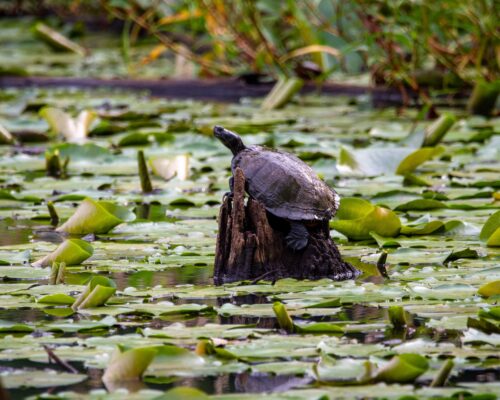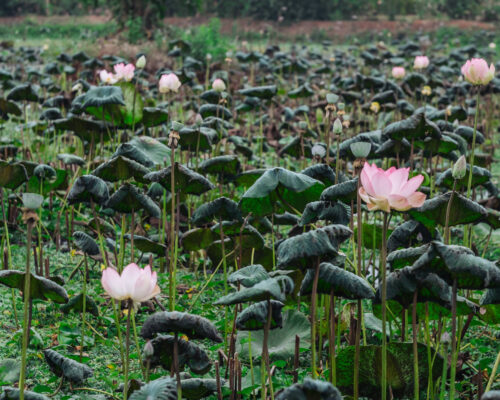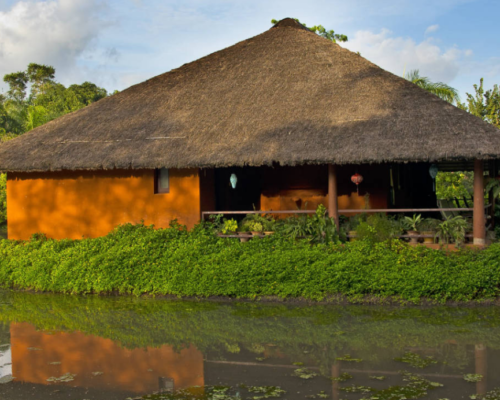Kabini is a breathtakingly beautiful wilderness. It has everything a nature lover could wish for: beautiful woods, Wildlife abounds, from ordinary langurs to large cats, and Many birds. Kabini reservoir’s beautiful backwaters, naturalists knowing their way around the jungle like the back of their hands, excellent resorts in Kabini. All of these factors combine to make Kabini one of the most popular tourist destinations in the country.
A jungle safari is amongst the most sought-after opportunities to see wild animals, birds, and unusual flora in their native environment. However, there are several jungle safari laws and suggestions to keep in mind before and during the safari tour to ensure a pleasant and safe experience. While navigating a jungle is exciting and fun, it may quickly turn into a disaster if not properly planned and executed. As a result, we’ve put up a list of key safari guidelines to help you have the best experience possible while exploring the world’s nature reserves filled with unusual flora, wildlife, and avifauna.

Hence even if you’re going on your tenth or first safari, you can’t afford to scrimp on preparation. Everything needs to be spotless for a memorable trip within the jungle, from booking ahead of time, carrying the suitable safari luggage, wearing appropriate clothing, preparing for the unexpected, and ensuring one’s safety and welfare inside the park.
The clothes you put on are a crucial part of your Safari in your resort in Kabini. While clothing and fitting are a matter of personal preference and comfort, a good rule of thumb is to wear something that is not too tight. Similarly, drab hues such as Khaki, Olive Green, Brown, and others are considered natural colors that fit in with rainforests. For two reasons, bright colors such as red, yellow, orange, and fluorescent, among others, are not recommended. Animals are quick to notice them, and the possibilities of them fleeing are greater. Insects are drawn to light and bright colors. While on the move, you don’t want flies and bees swarming around you during your safari ride. A big well over hat can be very useful in the summer.
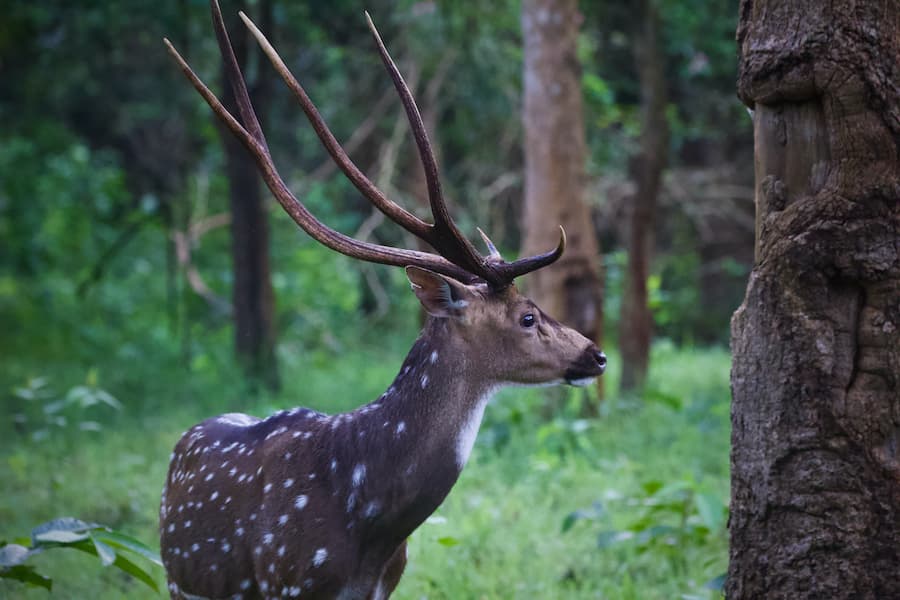
Likewise to deodorants and perfumes, animals have a good sense of smell and will have figured out your existence long before you see them, and will have vanished behind the bushes. Ralph Lauren, Christian Dior, and D&G all have a place on the world stage, but maybe not in the jungle. Safaris are typically conducted early in the morning (6:00 a.m. to 9:00 a.m.) and late in the evening (3:30 p.m. to 6:30 p.m.). Carry some water and a few crackers with you on Safari, particularly if there are children present, as the high adrenaline sustenance can quickly deplete your stamina.
Carry a trash dispense bag with you, gather waste (biscuit covers, can lids, etc.), and dispose of it in garbage cans when you return to base from the jungles. Bring waterproof clothing with you, especially during the monsoon season. Even if the vehicle is well protected from the storms, an additional rainproof pouch for your cameras, lenses and other valuables would be useful during a downpour.
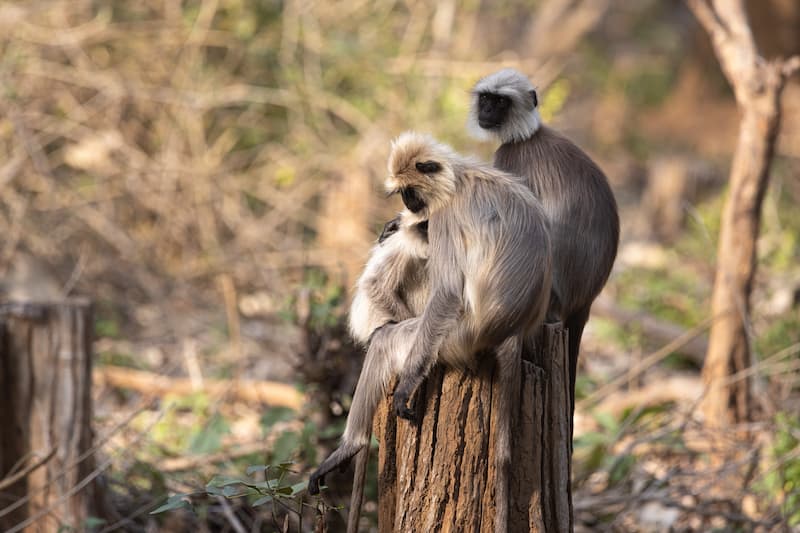
Even though the chances of getting lost or harmed are quite remote, an emergency supply pack, a first aid kit, and those small little packs containing medicines can come in handy.
A small scrapbook and pencil, as well as a good pair of binoculars (8X40 or 10X50 magnifications are great) and your photographic equipment (depending on whether you are a newbie or a pro), would be beneficial. Prefer not to carry your phone with you, and if you must, put it on silent mode. – A safari usually lasts 2.5 to 3 hours and takes place in the woods aboard a jeep or a boat. As a result, it is critical to plan your bowel movements ahead of time. On a Safari ride in any resort in Kabini, having a full gut is a misery.
For you, the forest might just be a tourist attraction, but it is also the habitat of the wild creatures and birds that live there. There is no better jungle safari advice to help you realize the necessity of following the rules put forth by wildlife sanctuaries all over the world.
Last but not least we expect you to respect wildlife and contribute a bit to nature conservation.

